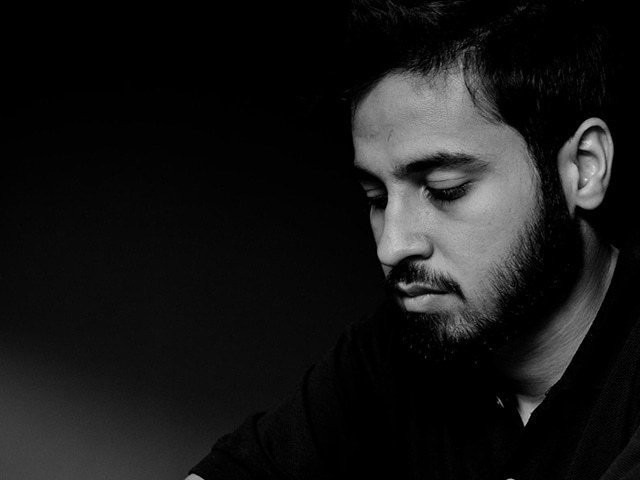The mindset of the terrorist
Many terrorists have been found to be graduates of modern institutions, have had careers; come from the middle class

Saad Aziz PHOTO: FACEBOOK
Alleged financer? College co-owner held over Safoora bus attack
Admittedly, there are multiple causes or factors behind the terrorist phenomenon, but we must do solid work to separate them for identification purposes, rank them and devise solutions for each of them. The one-size-fits-all method will never work. An approach based solely on the enforcement of law and order is one such method. It attempts to treat the symptoms, deal with the consequences and address largely, the aftermath of terror attacks. It is not as if such an approach has no value; but we need to remember that it is only temporary and is driven essentially by political urgency.
The biggest challenge for Pakistan and every country, for that matter — Muslim or Western facing terrorism — is to find out why some people choose to destroy innocent lives along with their own. The psychological and sociological theories and knowledge accumulated in these fields may us help understand some of the tricky dimensions of the terrorist mind. However, terrorism motivated by religion, unlike nationalist or anarchist, has its roots in 21st century political developments in Afghanistan, Pakistan and the Middle East. We may go a couple of decades back and reflect on the anti-Soviet Mujahideen war. One of the many unintended consequences of that war is the emergence of violent groups that pursued power through the barrel of gun, and had inflated confidence that they can conquer weak states.
Assistants of terror: How women raise funds for Da’ish in Karachi
The great powers’ thoughtless policy of changing regimes, and rebuilding nations and states according to their script of political stability, whether it was the Soviet intervention or the more recent American wars in the Middle East, served only to destroy state infrastructure. States in our part of the world are not ideal, but they have provided some order, stability and security. Moreover, foreign interventions, wars and massive human and material destruction, as well as the physical displacement of peoples from Afghanistan, Iraq, Libya and other countries have created an ideal social and political climate for militancy. Militant groups feed on the idea of injustice, and sell wars and destruction by others as a rallying point to gain strength. They target those they believe are collaborating with their enemies. In an anarchic world, injustice, real or imagined, breeds more injustice; only the perpetrators and victims keep changing.
At the micro-individual level, extremist thought seems to be rooted in the simplistic division of the world into good and bad, with the terrorist making it a religious mission for himself or herself to destroy the ‘bad’. As many of the recent events n Pakistan suggest, these individuals are graduates of modern institutions, have had careers and come from the middle class. Religious extremism and radicalism is an Islamic challenge, as much as it is a social and state problem. We need to teach ourselves to live in peace in an imperfect, unjust world, while thinking of justice not as revenge, but rather as an idea focusing on bringing about social and economic reforms from within.
Published in The Express Tribune, December 23rd, 2015.
Like Opinion & Editorial on Facebook, follow @ETOpEd on Twitter to receive all updates on all our daily pieces.















COMMENTS
Comments are moderated and generally will be posted if they are on-topic and not abusive.
For more information, please see our Comments FAQ